The Importance of Community Resources for Ongoing Support

Understanding the Role of Community in Promoting Health and Unity
Community resources serve as a vital backbone for individuals seeking support across myriad challenges, from mental health to chronic disease management. They mitigate social disparities and elevate health outcomes by addressing both clinical and lifestyle-oriented needs. This article explores the expansive impact of community resources, highlighting their importance across healthcare, community support, recovery processes, education, and specific demographics such as women and children.
Comprehensive Benefits of Community Resources in Healthcare
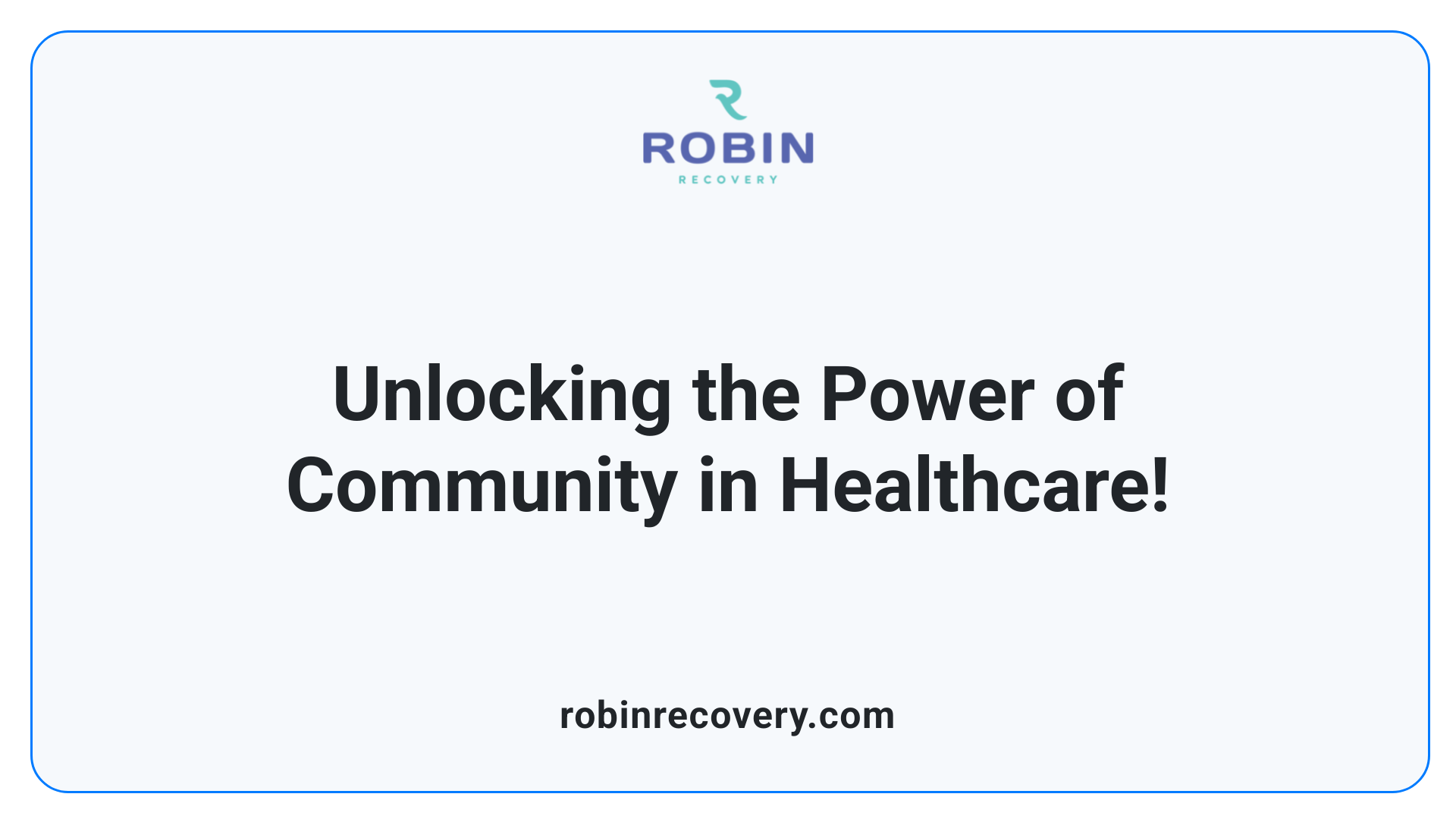
What are the benefits of community resources in healthcare?
The benefits of community resources in healthcare are multifaceted, significantly affecting populations' overall health and well-being. Hospitals and health systems actively engage in initiatives such as financial assistance, housing support, and food access programs, which directly address social determinants of health.
Additionally, innovative approaches like food pharmacies and community health navigators exemplify the effectiveness of linking patients to essential services. Using personalized interventions, community resources tackle barriers individuals face, promoting a comprehensive view of health management.
Nonprofit hospitals contribute substantial community benefits, often exceeding their tax exemption value, indicating their commitment to advancing health equity and addressing local needs. They play a crucial role in empowering patients to navigate health-related challenges more effectively.
Ultimately, these community resources foster a holistic approach to health, emphasizing that physical, mental, and social well-being are interconnected.
Relations to social determinants of health
Community resources directly relate to various social determinants of health, including economic stability, education access, and healthcare access.
Social Determinant Community Resource Types Effects on Health Outcomes Economic Stability Financial assistance programs Reduces stress, improves stability Education Access Community-based educational workshops Enhances knowledge, supports health literacy Healthcare Access Community health navigators Increases access to needed services
Addressing healthcare disparities
Addressing healthcare disparities is a critical function of community resources. This involves partnerships between healthcare providers and local organizations, which help mitigate barriers faced by vulnerable populations.
Provisions such as mobile clinics, transportation assistance, and culturally competent care ensure that services reach those most in need, substantially improving health outcomes across diverse populations.
By creating systems that prioritize social supports alongside clinical care, community resources are pivotal in building resilient healthcare frameworks that foster equality and enhance population health.
Importance of Needs Assessment for Community Support
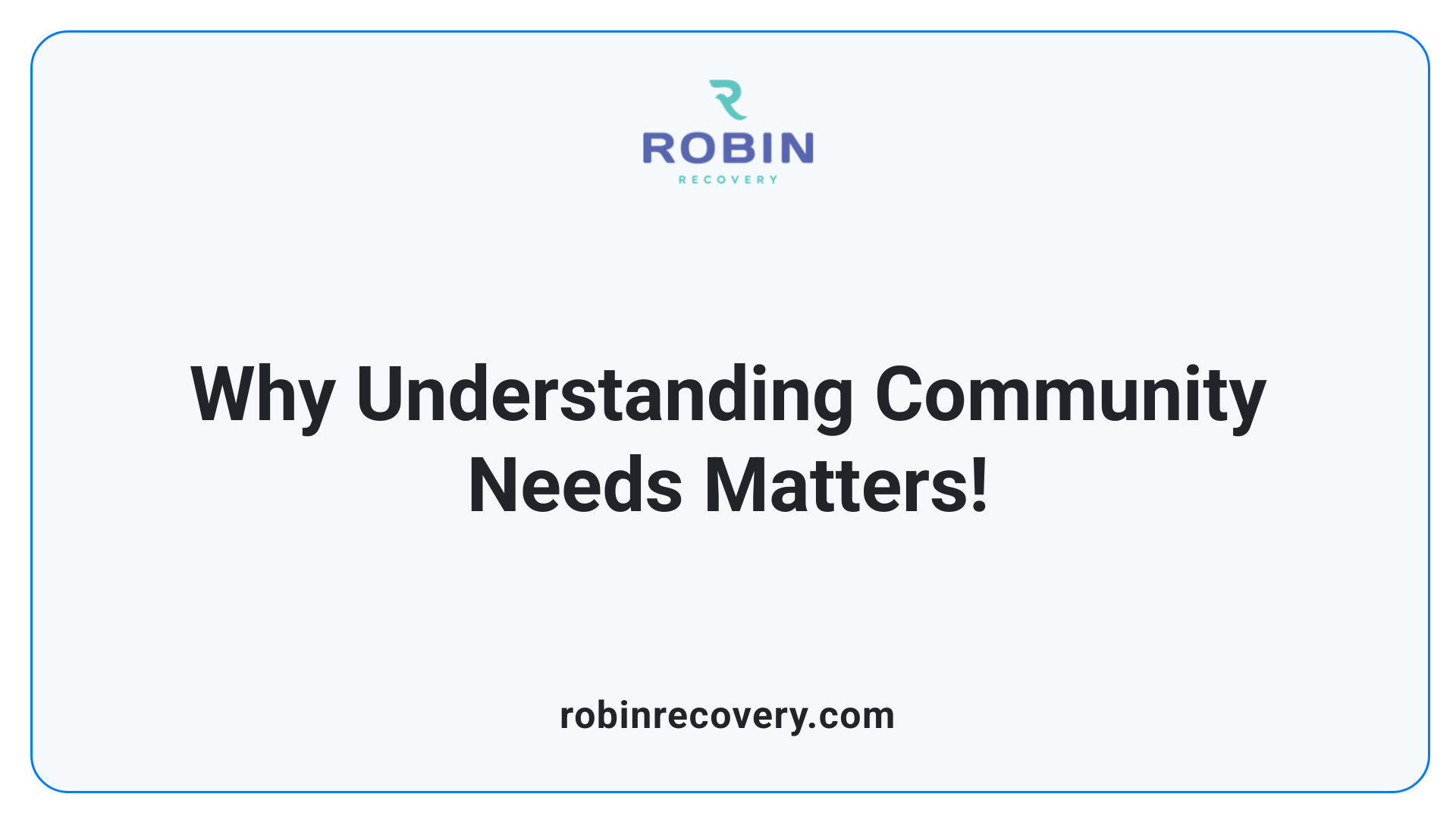
Why is it important to assess community needs and resources?
Assessing community needs and resources is pivotal for effective program planning and delivery, especially in initiatives like Head Start programs. This process helps identify the evolving needs of eligible children and families, ensuring the services provided align closely with those needs.
Role in program planning
Community assessments generate essential data for establishing long-term goals and measurable objectives. This data is vital for supporting funding requests from local businesses, ensuring that resource allocation reflects community priorities and requirements.
Stakeholder engagement
Furthermore, engaging stakeholders and gathering input from the community fosters a strategic approach to service coordination. By involving various stakeholders, including families and service providers, these assessments enhance collaboration among agencies, which is critical for maximizing the impact of community support services.
Addressing resource gaps
Ultimately, community assessments play a crucial role in identifying and addressing gaps in resources. By maintaining a responsive framework, these evaluations ensure that programs can effectively deliver high-quality services to families and children, improving their overall well-being.
Support's Crucial Role within Communities
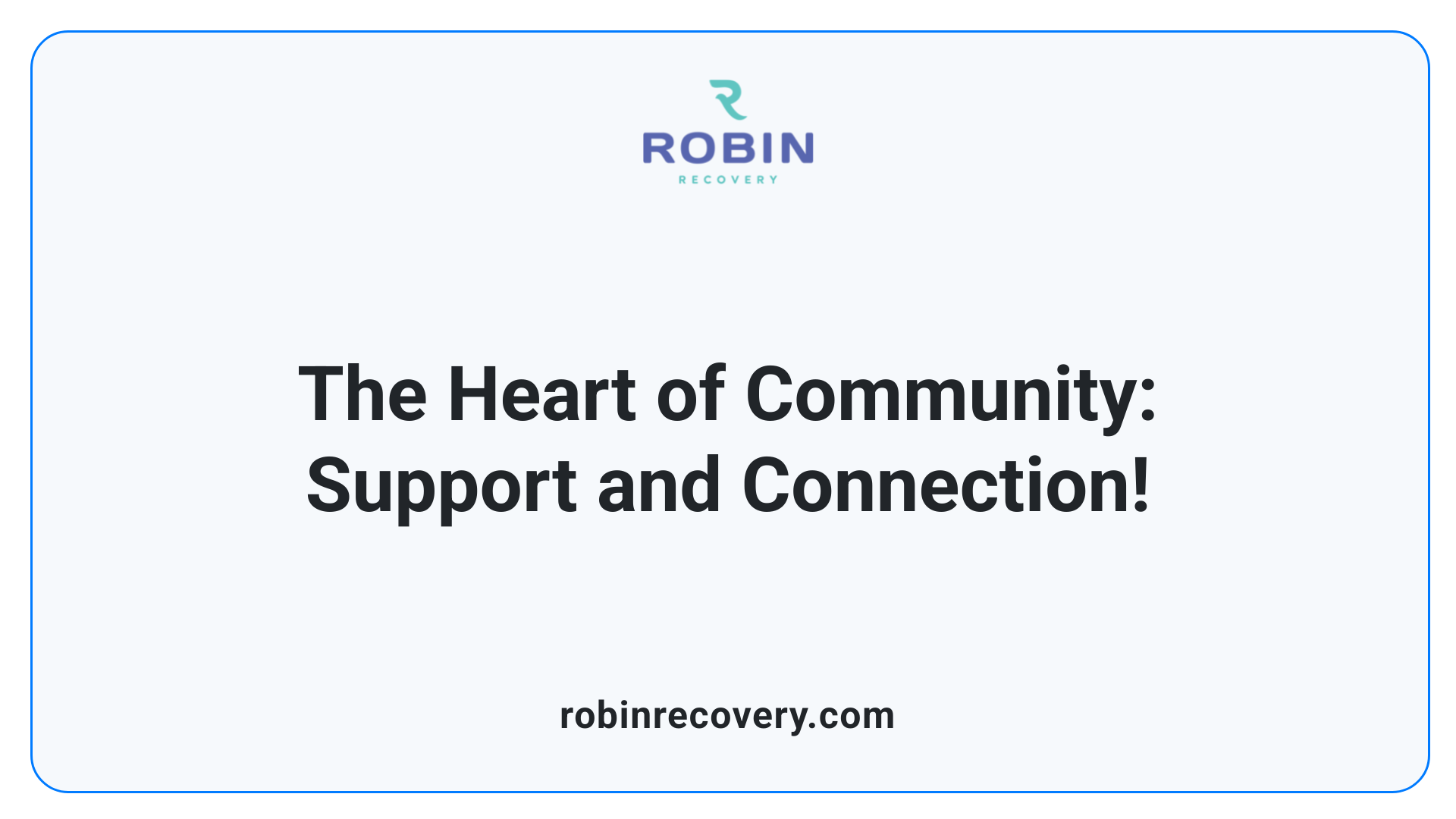
Why is support important in a community?
Support is crucial in a community because it fosters connections among individuals, creating a sense of belonging and inclusivity. These connections help reduce feelings of isolation, anxiety, and depression, promoting overall mental well-being.
Community support workers (CSWs) play a vital role in aiding those who may struggle with daily life, such as the elderly and disabled, enhancing individual quality of life through various forms of assistance. This includes providing emotional support, resource provision, and skill development.
Through their efforts, CSWs strengthen social ties and enhance community resilience, especially during crises. They advocate for clients and address their physical, mental, and emotional needs, empowering individuals to navigate challenges effectively. This multifaceted approach ensures that community members receive essential support, enriching the collective well-being and nurturing a more compassionate environment for all.
Social connection and belonging
Communities thrive on social connection, which brings people together. Support networks, like peer groups and family, validate individuals’ experiences and foster feelings of security. Community resources enhance this engagement by creating opportunities for individuals to connect with others who share similar interests or challenges.
Community Support Workers' roles
CSWs are instrumental in linking individuals with available resources. They conduct assessments, develop tailored support plans, and advocate for clients' needs, addressing a wide range of services including healthcare, mental health, and housing. Their work not only improves individuals' lives but also cultivates stronger community ties.
Promoting resilience and empowerment
By fostering a sense of belonging and providing essential support, communities can empower individuals to face life's challenges with resilience. Engaging with community resources can lead to personal growth, helping individuals feel more equipped to manage uncertainties and thrive in their daily lives.
Enhancing Educational Outcomes through Community Engagement
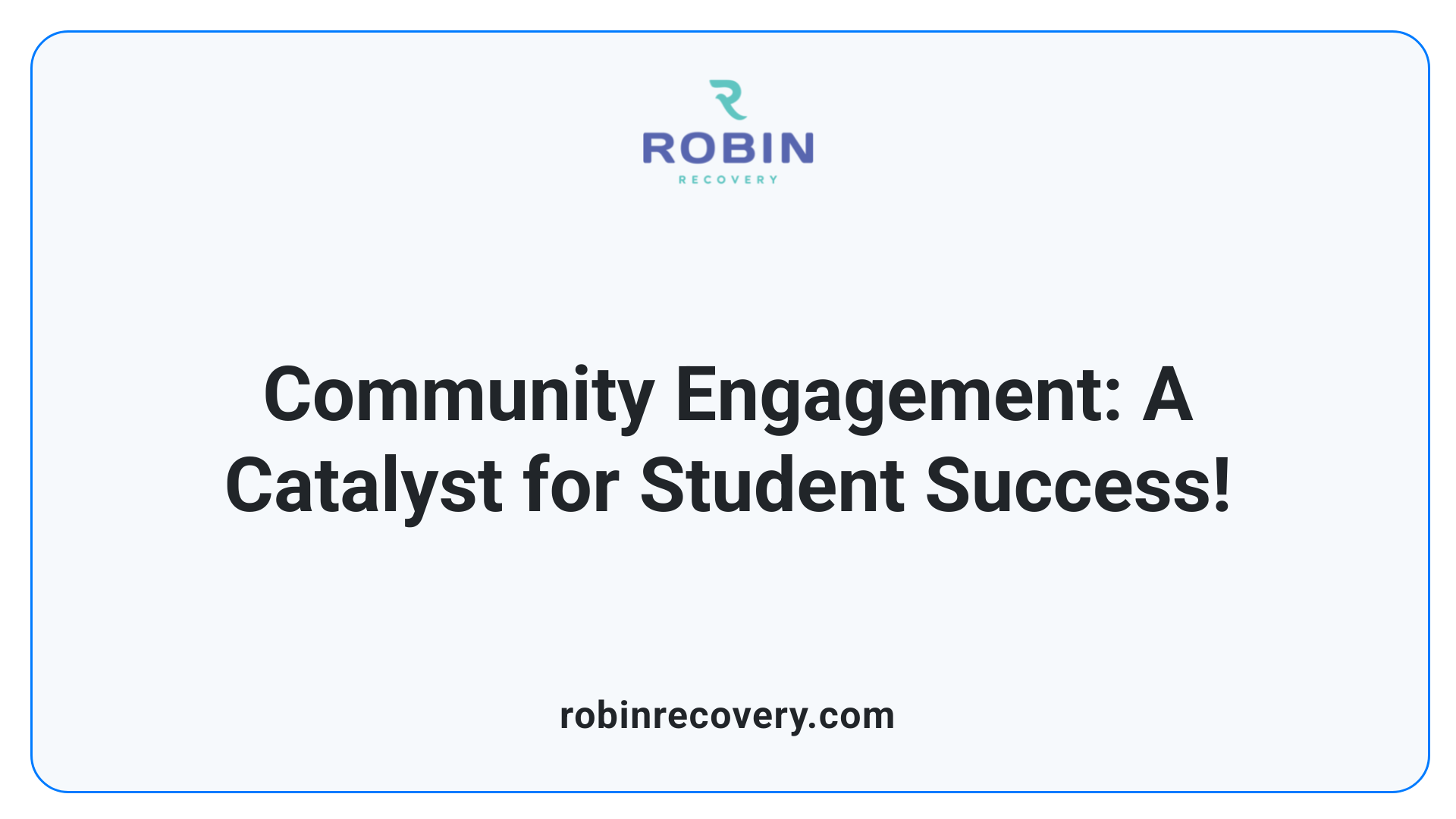
Student Motivation and Achievement
Community engagement has a profound impact on student motivation and overall achievement. When students feel connected to their community, they tend to demonstrate better attendance and are more enthusiastic about their educational experiences. Engaging with local resources often leads to improved academic performance as students draw inspiration from real-world applications of their learning.
Parent and Community Collaboration
Collaboration between parents, teachers, and the community is vital for enhancing educational outcomes. Workshops for parents equip them with skills to assist with their children's learning at home. This partnership not only fosters a deeper connection between families and educational institutions but also facilitates access to crucial community resources, further supporting student success.
Community Projects as Learning Tools
Community service projects provide students with practical experiences that enhance classroom learning. These projects allow students to apply their knowledge in real-world settings, thereby reinforcing their learning and strengthening their ties to the community. By participating in such initiatives, students develop a sense of purpose and responsibility, which positively influences their educational journey.
The Expansive Role of Community Resources in Recovery Support
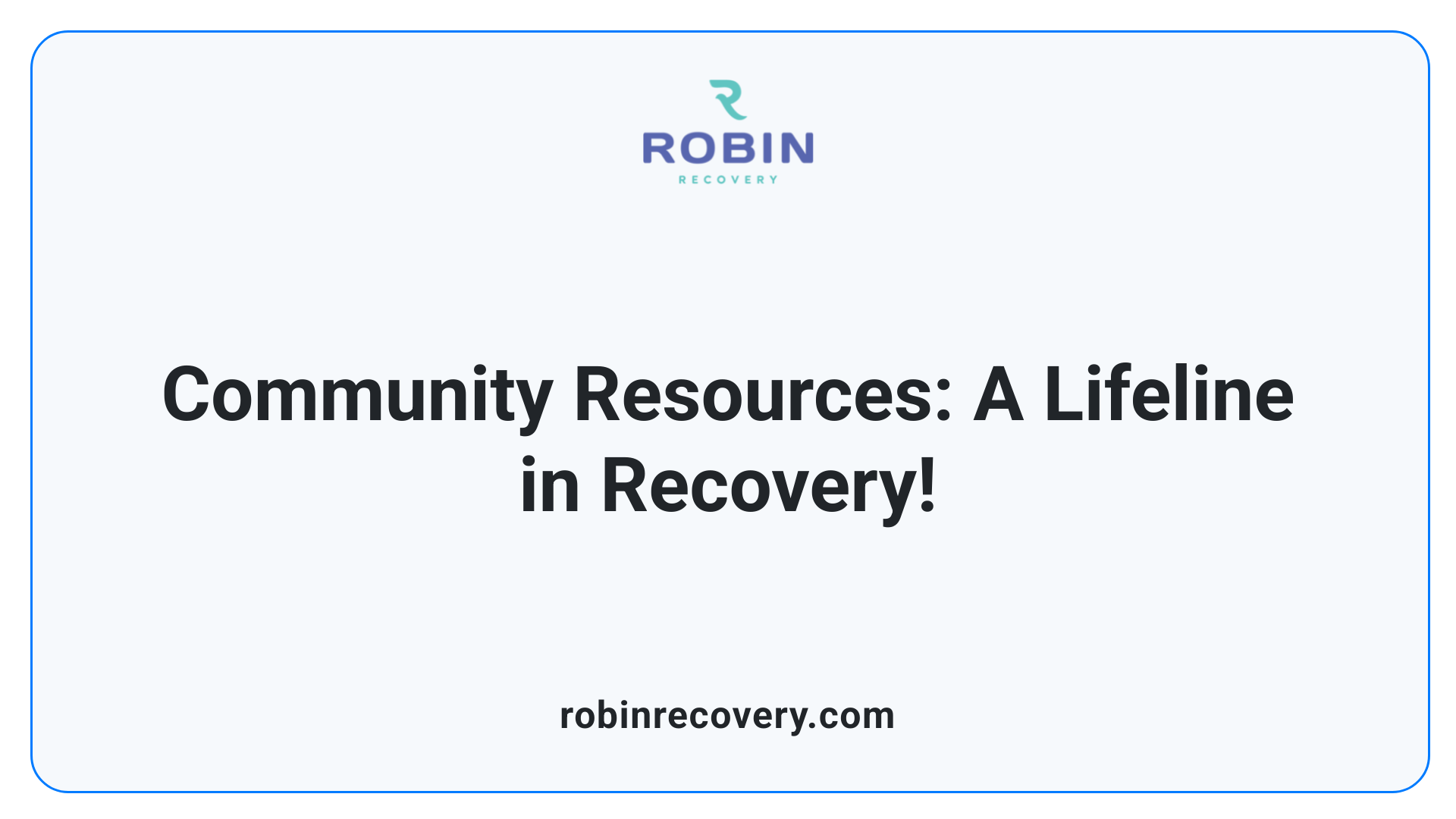
Recovery Support for Substance Use and Eating Disorders
Community resources are essential for supporting individuals recovering from substance use and eating disorders. They provide vital emotional and practical help that assists individuals in managing their recovery effectively. These resources include peer support groups like ANAD and national organizations like the National Eating Disorders Association, which connect individuals with necessary social support.
The Role of Recovery Coaches
Recovery coaches and peer support workers offer an empowering presence in the recovery process. Drawing from their lived experiences, they provide emotional support and guidance while connecting individuals with community services that can aid their journey. This connection is invaluable for maintaining progress and fostering resilience.
Community-Based and Mutual Aid Groups
Community-based services, including mutual aid groups, play a pivotal role in recovery. These groups not only promote emotional sharing among members but also help individuals navigate barriers to care. By creating a network of support, they enhance recovery outcomes and contribute to a sense of belonging and community.
Resource Type Key Functions Examples Peer Support Groups Emotional support, shared experiences ANAD, National Eating Disorders Association Recovery Coaches Guidance and emotional support, resource linkage Local recovery coaching services Mutual Aid Groups Community building, resource navigation Alcoholics Anonymous, Narcotics Anonymous
Empowering Communities through Accessible Resources
The comprehensive utilization of community resources brings profound benefits that reverberate across health, education, and personal well-being. By addressing social determinants, fostering inclusiveness, and providing structured support, these resources not only alleviate immediate needs but also strengthen the foundation for future growth. As communities navigate evolving challenges, the continued development and integration of such resources remain integral to enhancing collective and individual resilience, ensuring a healthier and more inclusive society for all.
References
- The Importance of Community & Building a Network of Support
- Illuminating the Role of Community-Based Organizations to Improve ...
- Why use community resources? - UF/IFAS Extension Broward County
- Utilization of Community Resources - PubMed
- Why Community-Based Resources Remain Crucial to Patient Care
- Use Community Resources - American Orff-Schulwerk Association
- The Importance of Community Support | BookBaker
- The Role of Community Support: Understanding Its Significance
- Eating Disorder Treatment - The Importance of Community Resources
